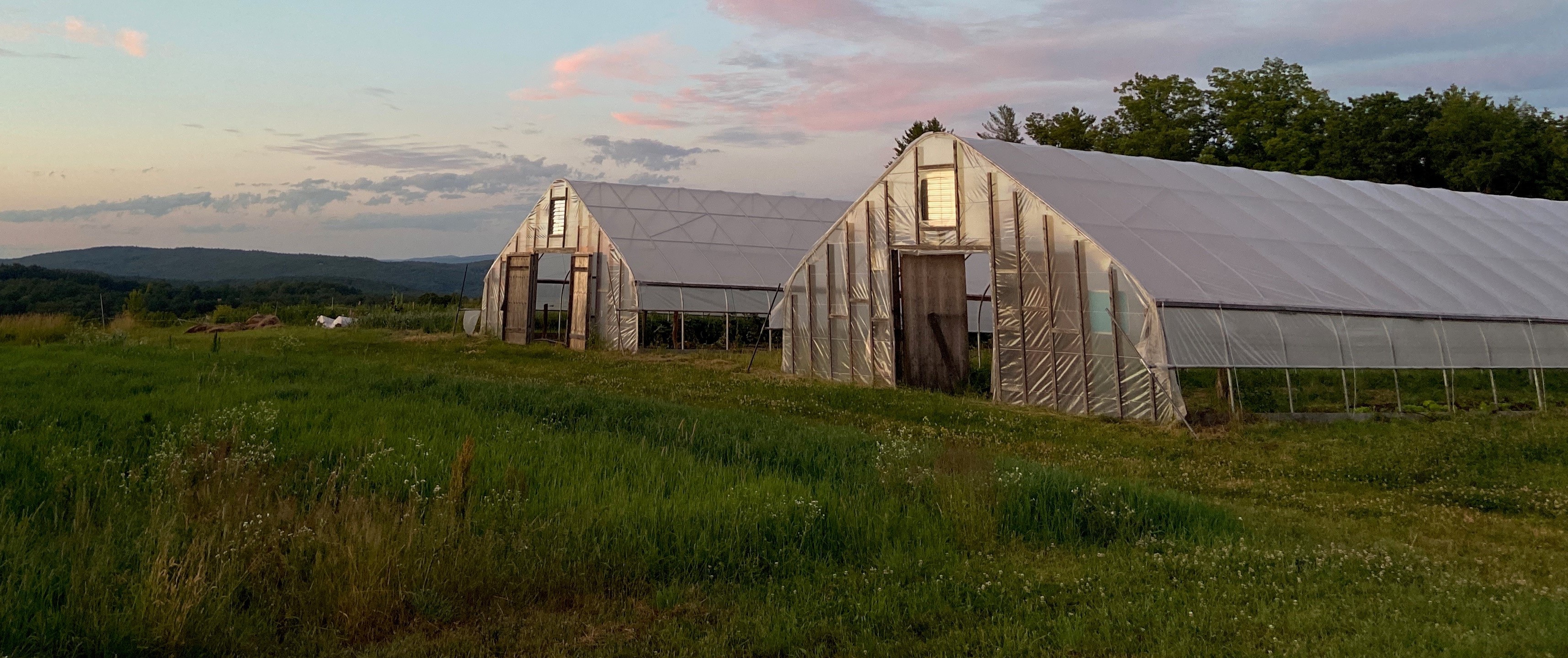Liz Turner is a law student in the HLS Food Law & Policy Clinic and a guest contributor to this blog.
America’s farmworkers are a uniquely vulnerable group of workers. Farm labor is exempted from many federal protections, including the right to organize under the National Labor Relations Act (NLRA), many workplace safety regulations under the Occupational Safety and Health Act (OSH), and overtime wage standards and often the minimum wage provisions under the Fair Labor Standards Act (FLSA). Perhaps most surprisingly, given their critical importance to agriculture in the United States, farmworkers are almost entirely left out of the farm bill.
Due to these legal and regulatory loopholes, as well as the widespread use of H-2A “guest worker” labor and undocumented labor, farmworkers often perform their essential labor in exploitative and dangerous conditions. Farmworkers are subject to high rates of workplace abuses like sexual harassment, wage theft, and even forced labor.
One straightforward antidote for this widespread mistreatment is to encourage cooperative ownership of agricultural operations by farmworkers themselves. Worker-owned co-ops are still relatively rare in the United States, but they show great promise as a pathway toward economic justice for traditionally marginalized workers like farmworkers. The basic principles of worker-owned co-op businesses are simple: democratic control (one worker, one vote); and collective ownership, including profit-sharing among worker-members. In a 2014 report, the nonprofit Democracy Collaborative found that worker-owned co-ops paid higher wages than industry standards and had lower job turnover and higher worker productivity. Additionally, worker-owned co-ops provide benefits like a heightened sense of worker dignity and a more easily accessible on-ramp to business ownership.
There have been waves of cooperative ownership in American agriculture, particularly among Black agricultural workers in the south. The potential benefits to farmworkers are self-evident: farmworkers are, generally speaking, experts at the work of producing food, but struggle to access the resources necessary to own a farm or other site of agricultural production. In a recent interview with the Daily Hampshire Gazette, Lorena Moreno, a founding member of the Riquezas del Campo cooperative farm in Hatfield, Massachusetts, stated: “We have a lot of farmers who feel mistreated in their place of work because they don’t have access to drinking water, sometimes they don’t have access to bathrooms close by. There was the dream of the first founders of the farm to have a place where they can decide what they want to plant, how they want to work it.” She also noted that worker ownership gives the member-owners of Riquezas del Campo the opportunity “to preserve our cuisine from our places of origin, and try to cook those meals that we cook back in our places and teach our children our heritage.”
In the 2023 farm bill, Congress has the opportunity to increase support for worker-owned co-ops and help facilitate a more just, less exploitative American food system. As FBLE recommended in our recent Farmworkers report, Congress can increase support for USDA’s Rural Development grants, and ensure that a portion of those grant funds go toward supporting worker-owned cooperative development in farmworker communities. Additionally, Congress can direct USDA to tailor its land transition programs, administered through the Farm Services Agency, to explicitly include and incentivize the transfer of farmland to worker-owned cooperative groups. Finally, the next farm bill could mandate that USDA identify and support further research and support opportunities through bodies like the Interagency Working Group on Cooperative Development and USDA’s Office of Urban Agriculture and Innovative Production. By taking steps to support worker-owned co-ops in the next farm bill, Congress and USDA can take a meaningful stand for economic justice.
The views and opinions expressed on the FBLE Blog are those of the authors and do not necessarily reflect the official policy or position of FBLE. While we review posts for accuracy, we cannot guarantee the reliability and completeness of any legal analysis presented; posts on this Blog do not constitute legal advice. If you discover an error, please reach out to contact@farmbilllaw.org.


